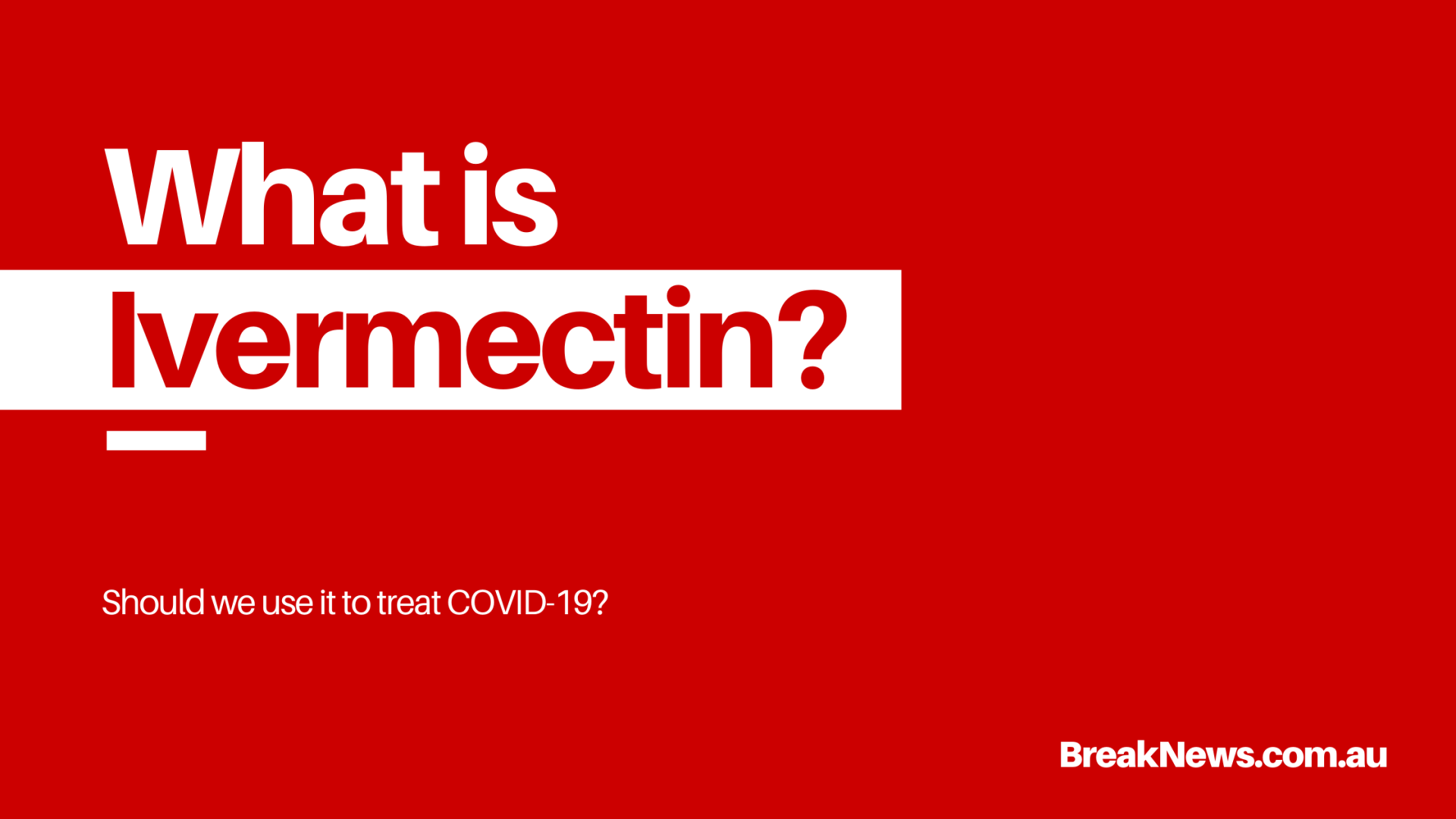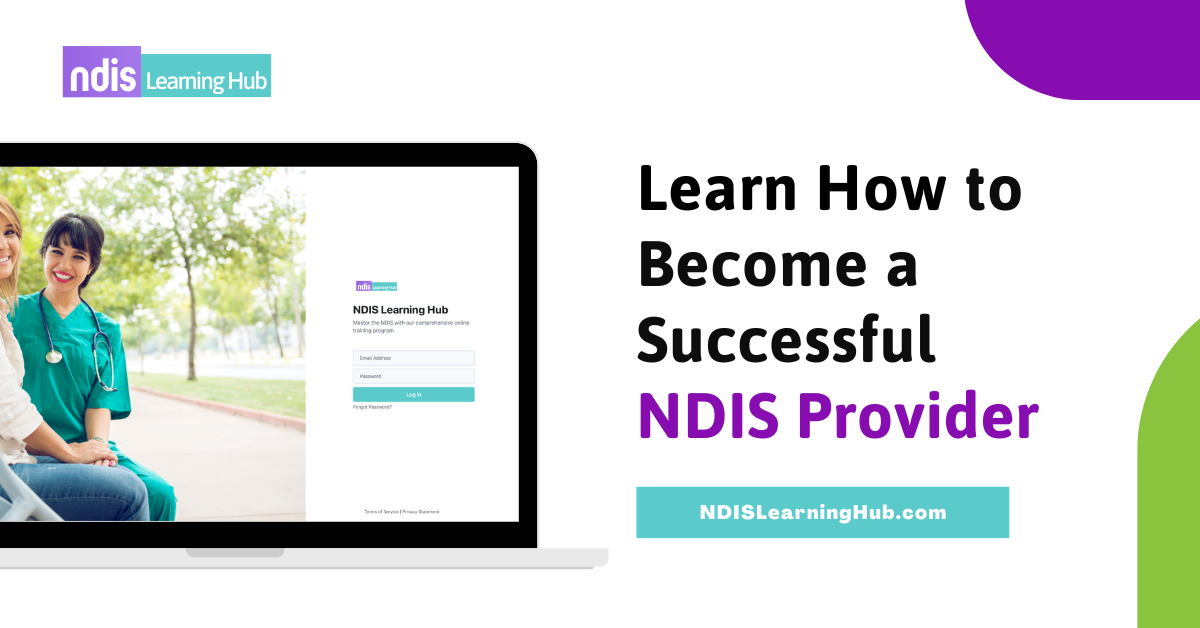What is Ivermectin? Should We Be Using It To Treat COVID-19?
Should we use Ivermectin as a treatment of COVID-19?

A world-leading parasite researcher has warned there could be serious consequences for Australia if the drug ivermectin were to be used widely in the treatment of Covid-19, saying “there is no strong, robust evidence that ivermectin provides benefits against the disease”.
Dr Carlos Chaccour, from the Barcelona Institute of Global Health, has been studying ivermectin for more than a decade and spoke after reports the anti-parasitic drug could treat Covid-19.
On Tuesday the National party MP David Gillespie called for ivermectin to be used off-label – that is, for conditions for which it has not been approved by regulators – to treat the virus.
It is the latest in a line of medicines being promoted by some commentators as “safe” and “approved” because drugs regulators such as the Therapeutic Goods Administration in Australia and the Food and Drug Administration in the United States have said they are safe for treating certain well known and studied conditions.
But this does not mean the same drugs are safe when used to treat Covid, especially since many patients have weakened immune systems and co-morbidities.
Most completed studies into ivermectin as a stand-alone or combination treatment to treat the virus have been done only in test tubes or in animals. Completed studies of its effect on people with the virus are small, have not been designed or reviewed in a way to be sure of efficacy. In some studies it’s too difficult to tease out the effect of the drug in isolation from other interventions. There are thousands of treatments in history that have looked like promising “breakthroughs” in the lab or in small human trials but have proved ineffective and even toxic.
But Chaccour said he had watched in distress as countries throughout Latin America adopted the drug as a treatment for Covid, largely relying on spurious data, and warned Australia against doing the same.
“People have been injected with veterinary formulations of the drug,” he said. “Evangelical groups have walked into Indigenous communities and injected people with veterinary ivermectin as a way to ‘help’. I get messages from unknown people sending me photos of sheep ivermectin and asking how much they should inject to treat or prevent Covid. This can be very, very harmful. You need to consider all the consequences before pushing this drug in Australia in the absence of good evidence.”
What is ivermectin?
The drug was developed in the 70s as a veterinary drug to kill intestinal parasites and ectoparasites – that is, parasites that live on the outside of the body, like fleas. It and its derivatives were later tested in humans to treat parasitic diseases such as river blindness, and showed extraordinary efficacy, almost eliminating the disease.
For years Chaccour has been studying ivermectin’s usefulness in controlling malaria, given mosquitoes which spread the illness are becoming increasingly resistant to insecticides. He said this all means ivermectin “has been used for a long time, and for these conditions it’s pretty safe, and billions of people, literally, have taken it”. He is now leading a clinical trial in Spain into the usefulness of the drug in treating Covid.
In vivo and in vitro trials
In vivo refers to research within an entire living organism such as a rodent or a human; in vitro research is performed outside a living organism – in a petri dish or a test tube. In vitro studies are usually quicker and cheaper but, importantly, provide only an indication of what might happen if the treatment is applied to an animal or human. No scientist considers an in vitro study proof of effect in humans, and many treatments that prove effective in a test tube fail in human trials. For example, bleach would kill many viruses in a test tube but would not be safe to give to humans.
Given the success of ivermectin in combating parasites, researchers began to look at its efficacy in treating viruses, and it did show some in vivo promise in pigs. But in April researchers from Monash University released the findings from an in vitro ivermectin trial. Media worldwide wrote about it.
“Those researchers found if you incubate some cells with both the virus and the drug, you could reduce the replication of the virus 5,000-fold and it disappears 48 hours after incubation,” Chaccour said. “That sounds impressive, especially in the midst of a pandemic with thousands of deaths.”
But there was a catch that was not widely reported. To treat river blindness, people are generally prescribed a 3mg tablet for every 15 kilograms of bodyweight. The Monash study found that to have any hope of achieving the same result they had found in a test tube, individuals would need to consume thousands of times above the approved dose, which of course is impossible and never recommended.
“You would need enormous doses, and that would, of course, cause many side effects,” Chaccour said. “It’s just not possible.”
Does this mean the drug is useless for Covid-19?
We don’t know. There could be other ways the drug works to inhibit it.
Most viruses can’t reproduce themselves. They need to replicate by hacking human or animal cells. In the case of Covid it replicates its ribonucleic acid, also known as RNA.
Chaccour said researchers believe ivermectin may inhibit the enzyme the virus uses to unwind its RNA during the replication process. Another way it could work is through what happens to the drug in the body after it is metabolised and broken down by the liver into derivatives. These derivatives may affect the virus, especially when other drugs such as anti-virals are thrown into the mix.
In other words, there are multiple ways the drug may work either on the virus or on the human body to impede Covid, and many studies are being undertaken.
Does that means ivermectin is actually really promising?
“No, I wouldn’t say it’s really super promising,” Chaccour said. “What I say is: ‘Here we have a disease in Covid-19 with limited treatments and a drug that is available and which has been taken by billions already, and so it’s worth a try. And even if we do all of this work and it turns out it is not effective, well that’s still adding to our knowledge so it is worthwhile.’ ”
There is a lot still to learn about treatments for Covid. Large randomised clinical trials are the only way to do this before making claims about breakthroughs or treatments. What that means is dozens of in vitro trials are done before small in vivo trials and, finally and ideally, humans take part in large randomised control trials – a “gold-standard” type of study which, when conducted well, leaves little room for biases and errors.
These studies are also ideally “double-blinded”, which means neither the researcher nor patient knows whether they are being given the treatment or a placebo. These trials then undergo rigorous review and if they are published in a respected scientific journal they are then reported by media and incorporated into clinical guidelines.
No double-blinded randomised control trials of Covid-19 are yet complete, but Chaccour is working on one of the more than 30 ivermectin trials under way globally.
Infectious diseases physician and epidemiologist Prof Allen Cheng said because of the impact of Covid and fears around it, science was being reported on in early stages of clinical or humans trials before they could really tell us anything useful. Cheng is involved with clinical trials of Covid drugs in Melbourne, working directly with patients.
“What people need to know is that ivermectin has not been established as a treatment for Covid,” he said. “Now that doesn’t mean it won’t work, but my feeling from looking at the various studies done so far is it probably isn’t going to work. But we do need to show that through clinical trials. We do need to know that for sure. So it’s worth testing.”
Clutching at hope
Cheng said many treatments that seemed to work well in animal models, test tubes or even in small-scale human studies “ultimately don’t work at all, and that’s a long and expensive story”.
“What we are seeing is science in real time, but these are things that would usually play out over many years,” Cheng said. “Now, because this is such a pressing problem, we are seeing it all happen in an accelerated way and people get excited early, often not realising there is a lot more work to go. Many drugs that seem effective in test tubes prove to be toxic by the time they get to humans.”
But just because science is slow doesn’t mean drug treatments like ivermectin are being ignored. A Monash University ivermectin project was among those granted a share of $1.3m of federal government funding towards efforts to combat the virus.
“It is a difficult balance between defending the need for conducting studies on the unknown effect of a mostly safe and cheap drug that is widely available, while also saying the evidence we have is not enough to recommend policy for its widespread use,” Chaccour said.
Prof Peter Collignon, an infectious diseases researcher who sits on the federal government’s expert advisory panel on infection control, said the driving force behind misleading reports about drug treatments and cures were “fear and hope”.
“We need hope with this virus,” he said. “If someone offers a glimmer of hope we tend to jump at it with open arms. But we have got to remember sometimes we are clutching at thousands of straws. One of those straws might one day prove to be something of an answer, but we will only know that for sure through proper science.
“Until we do strong studies, all we can say is these treatments have potential, and that includes the potential to be a complete flop. In the meantime, we will have to try not drown in poor science and poor practices.”
Courtesy of The Guardian
Limited Time Offer
Become a Successful NDIS Provider
$689 $349
Use code EARLY349 at checkout
News Feed







